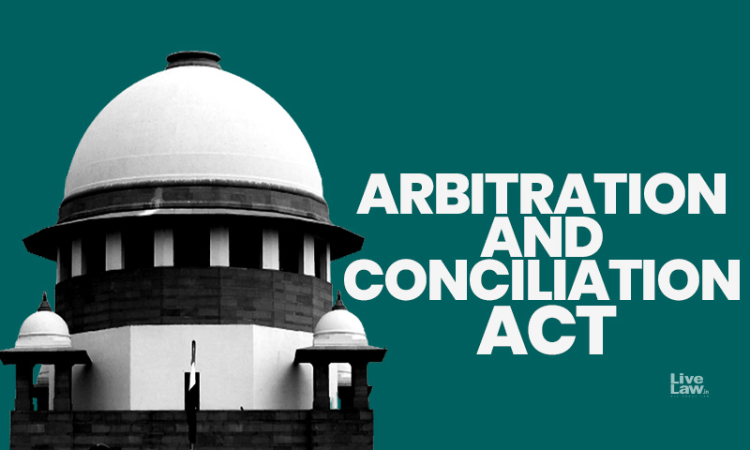A Constitution Bench of the Supreme Court, on Wednesday, continued hearing submissions made by the Amicus Curiae, Senior Advocate, Mr. Gourab Banerji in a 3-Judge reference which raised the issue - whether the arbitration clause in a contract, which is required to be registered and stamped, but is not registered and stamped, is valid and enforceable.A 5-Judge Bench comprising Justice K.M....

